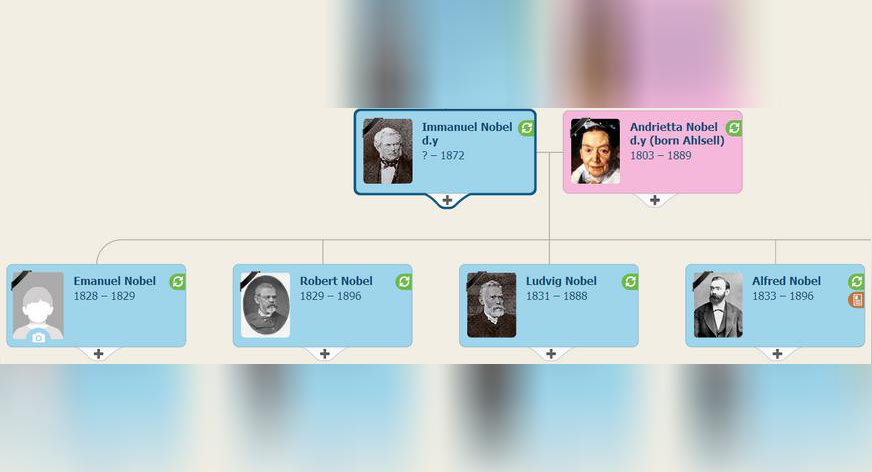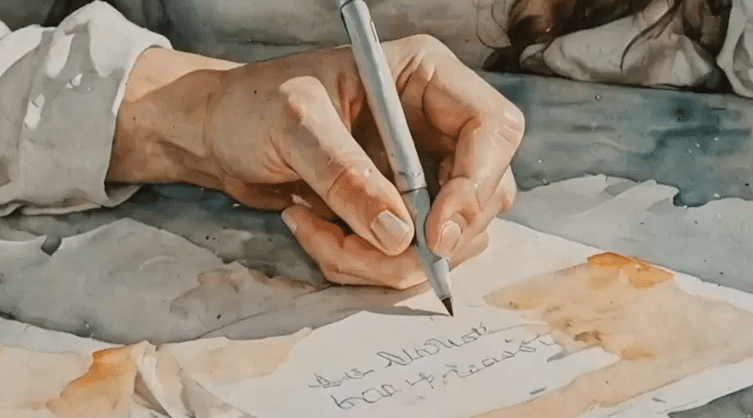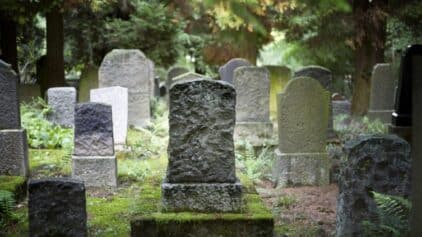

 The Nobel Prize awards ceremony takes place today in Sweden. Who was Alfred Nobel, and why is there a prize named after him?
The Nobel Prize awards ceremony takes place today in Sweden. Who was Alfred Nobel, and why is there a prize named after him?
Before the award became famous, Alfred Nobel was best known as the inventor of dynamite.
In 1888, Alfred’s brother Ludvig died while visiting France. A French newspaper mistakenly thought it was Alfred who had died and so published his obituary. Alfred was shocked to read the article especially the description of him as “the merchant of death.” One particular line: “Dr. Alfred Nobel, who became rich by finding ways to kill more people faster than ever before, died yesterday,” got him thinking.
Alfred realized that this wasn’t how he wanted to be remembered and so, in 1895, he amended his will to designate a large portion of his estate to fund the Nobel prizes.
The first Nobel prize was awarded in 1901. Prizes are awarded for various categories including: physics, chemistry, physiology, medicine, literature and for peace.
Each winner receives a gold medal, a diploma and a sum of money. The amount varies according to the Nobel Foundation’s income that year. This year, the prize money is 8 million Swedish kronor (SEK) which is about 1.2 million USD.
Born October 21, 1833, in Stockholm into a family of engineers, his parents were Immanuel Nobel Jr. (born 1801) and Karolina Andriette Nobel (born Ahlsell). They had eight sons; only four reached adulthood. The original family surname was Nobelius, which was shortened to Nobell and then to Nobel in 1785.
In 1842, the tough economic situation forced the family moved to St. Petersburg. Life in Russia wasn’t that much better and the children had to help their parents make ends meet. Alfred, then 9, sold matches in the street.
The family business began doing very well and, in 1863, Alfred returned with his father to Sweden. There he began to study explosives and experiment with nitroglycerin. The following year an explosion in his Stockholm factory killed his brother, Emil, then only 21, and all others present.
Shocked and saddened by his brother’s death, Alfred continued his work. He spent a long time travelling around the world’ Paris was his main residence.
After conflicts with the French government Alfred moved to San Remo, Italy, where he built a laboratory and began test-firing in the Mediterranean, which was not appreciated by local residents. He was forced to look for a place where he could experiment with gunpowder and test-fire without issues. The solution he found was Bofors.
Alfred Nobel died December 10, 1896, in San Remo and is buried in Stockholm. He never married.
Has anyone in your family tree received a Nobel Prize? Let us know in the comments below.











